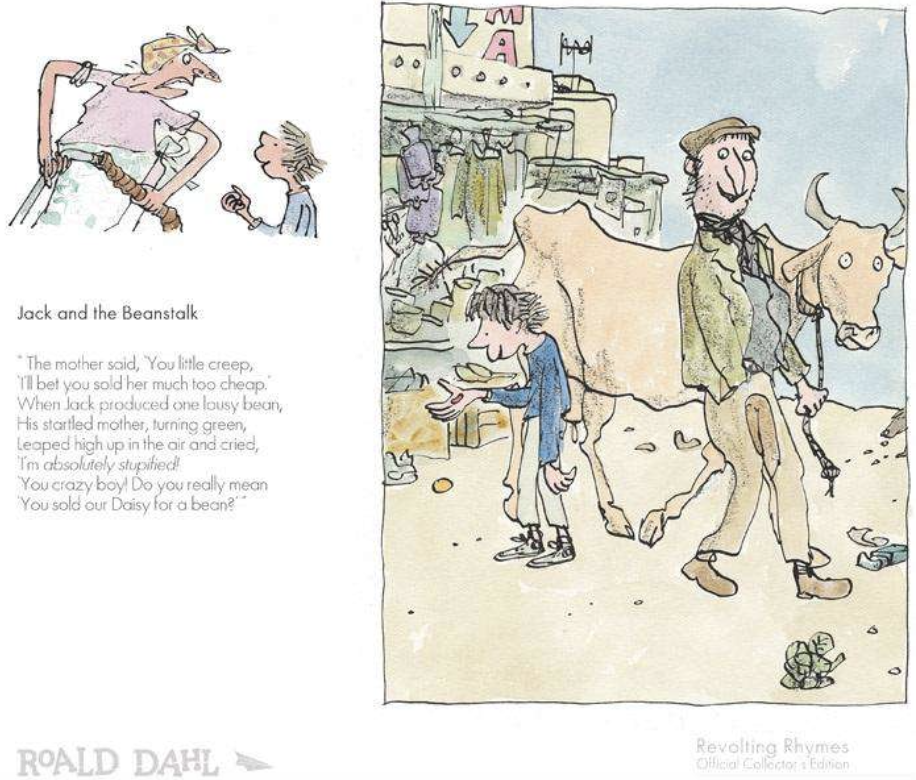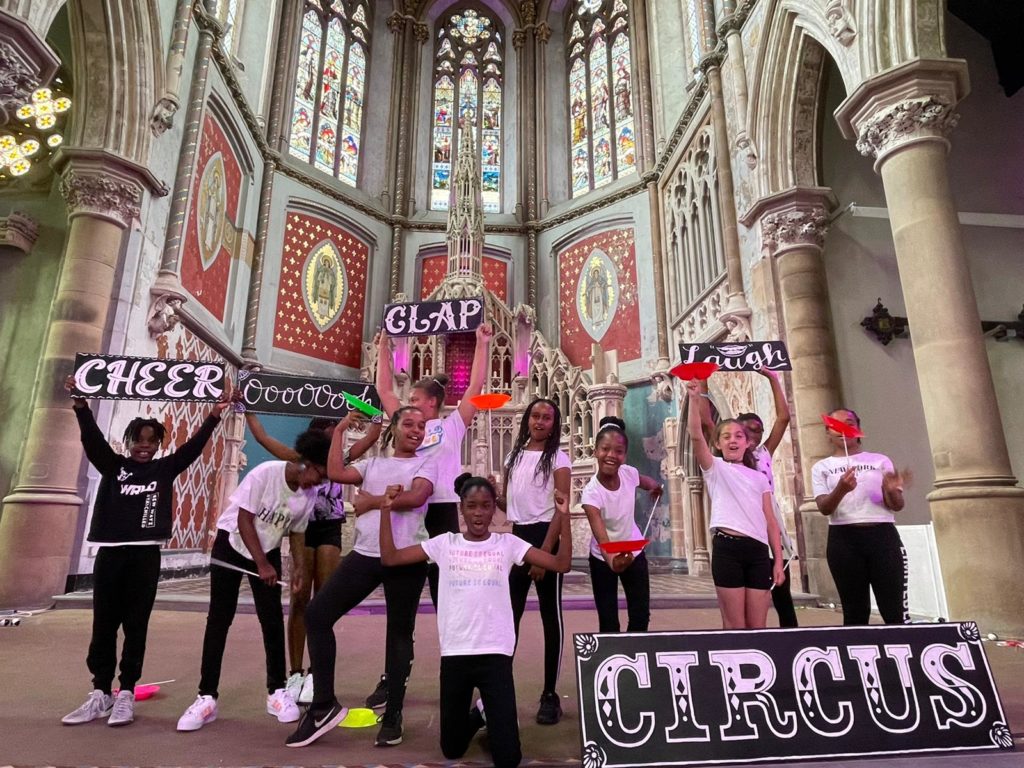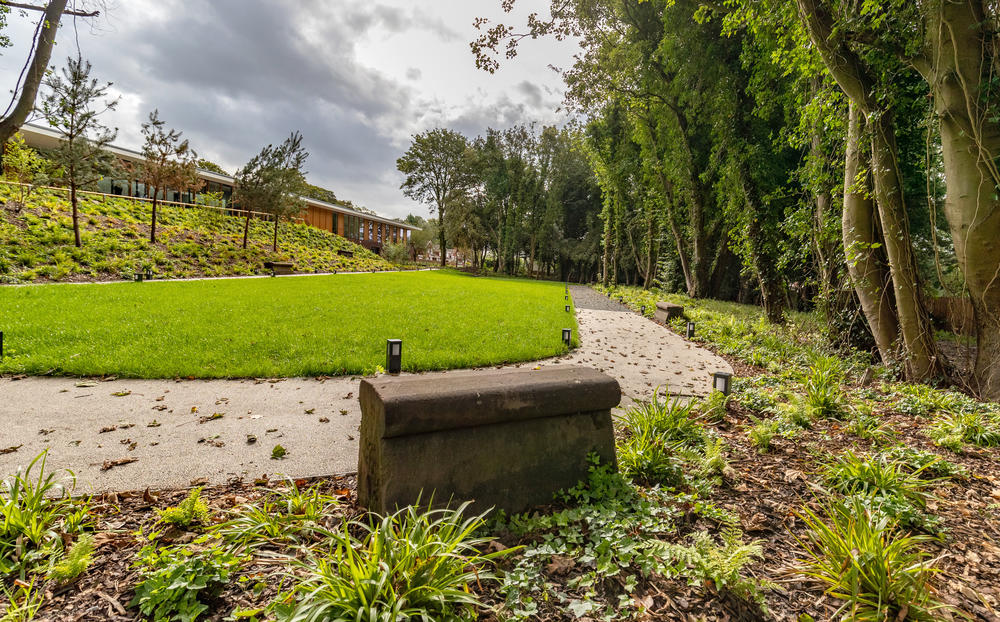FREE Storytelling + Den Building Workshop for Kiddies
Manchester’s modern-day Monastery is very excited to present this wonderful 3 x day series of interactive, free storytelling workshops for children and their families by the incredibly talented Round the Twist performing arts collective. And what’s more, as part of our community programme and Belle Vue Week, admission is completely free!
For more information about the full, fantastic, programme of talks, exhibitions and workshops during Belle Vue Week, please click here.
When are these fabulous, free storytelling workshops?
Starting on Tuesday, August 24th from 11am-3pm, this series of fun, interactive storytelling events will run daily for 3 days running, until Thursday 26th August. Please scroll down for full details and timings for each day.
Why are these workshops SO special?
The amazingly talented and professional performing arts team from Round the Twist are absolutely brilliant at engaging, entertaining and re-inspiring children using a wide range of arts – from puppetry to dance to arts and crafts.
They run acclaimed workshops in schools and private venues all over the land, bringing imagination and creativity into the lives of the young people they engage with. We’re so proud to have this crack team at our beloved Monastery!

Full Workshop Programme

And remember ladies and gents, admission and parking are free of charge. No need to book.
Come on down!



